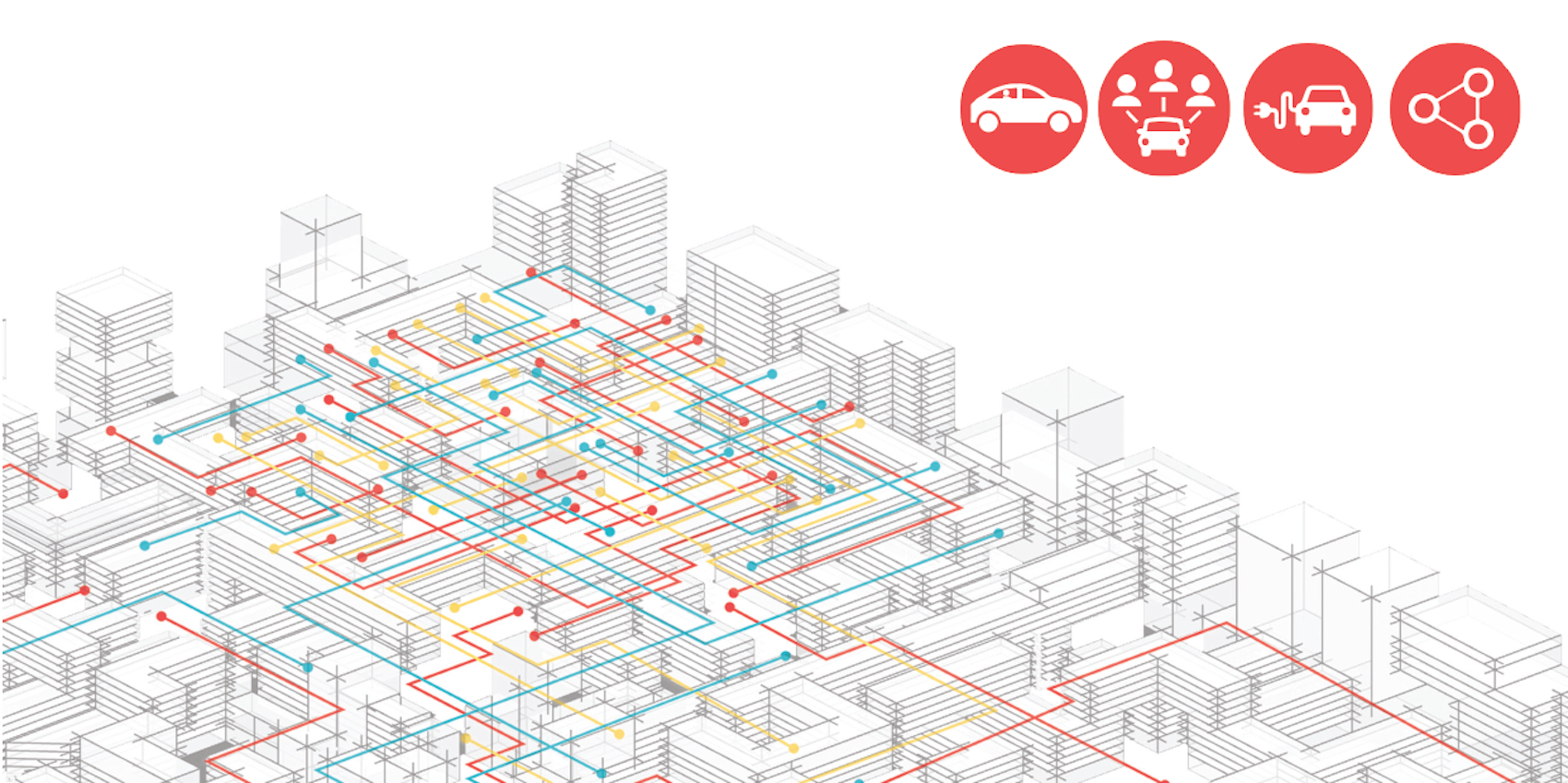Urban Design and the Technological Shift in Transportation
How can urban design steer the impact of technological disruptions in the transport sector? View the recorded webinar by Tanvi Maheshwari, Prof. Stephen Marshall and Prof. Kay W. Axhausen.

In recent times, the transportation sector has experienced technological disruptions from the rapid developments in vehicle automation to the meteoric rise of ridesharing and ridehailing apps around the world. There is enormous uncertainty surrounding how these technological disruptions will play out in the long term.
This uncertainty has been compounded by one of the most disruptive event in recent times, the COVID-19 pandemic, which has impacted all areas of urban life, including the transportation sector, at an unprecedented scale. Although we cannot predict the impacts of these disruptions (technological and otherwise) in the long term on cities, urban design and planning can play a strong role in steering their impacts.
In this webinar, Tanvi Maheshwari, external page Prof. Stephen Marshall and Prof. Kay W. Axhausen discuss what these technological developments in transportation sector mean for urban design and planning in future cities. The topic Urban Design and the Technological Shift in Transportation arose from the PhD thesis of Tanvi Maheshwari, who recently completed her PhD in the Engaging Mobility project at the Future Cities Laboratory (FCL). The panel discussion will be chaired by Prof. Stephen Cairns, director of the FCL.
Programme
17:00hr - 17:30hr
Urban design response to the technological shift | Presentation by Tanvi Maheshwari
17:30hr - 17:45hr
New modes and urban form relationships | Commentary by Stephen Marshall
17:45hr - 18:00hr
COVID-19 and the Technological Shift in Transportation | Commentary by Kay Axhausen
18:00hr - 18:30hr
Question & Answers
About the speakers
Tanvi Maheshwari is an urban designer and researcher with the ‘Engaging Mobility’ team in Future Cities Laboratory. Tanvi recently concluded her PhD research on preparing an urban design response to recent technological disruptions in transportation. Tanvi trained as an architect in School of Planning and Architecture in Delhi, where she co-founded her practice arch i platform. Subsequently she obtained her Masters degree in urban design from University of California, Berkeley, where she also worked as a researcher on the development of planning support tools.
Stephen Marshall is professor of Urban Morphology and Urban Design and The Bartlett School of Planning (UCL). His principal research interests are in urban morphology and street layout, and their relationships with urban formative processes, including urban design, coding and planning. He has written or edited several books, including Streets and Patterns (2005), Land Use and Transport (with David Banister), Cities, Design and Evolution (2009) and Urban Coding and Planning (2011).
Kay W. Axhausen is professor and chair of transport planning at ETH Zurich. He has been involved in the measurement and modelling of travel behaviour for the past 35 years contributing especially to the literature on stated preferences, micro-simulation of travel behaviour, valuation of travel time and its components, parking behaviour, accessibility impacts and travel behaviour measurement. His current work focuses on the micro-simulation of daily travel behaviour and long-term mobility choices (See www.matsim.org for details).
The session will be chaired by Stephen Cairns, Director, Future Cities Laboratory.